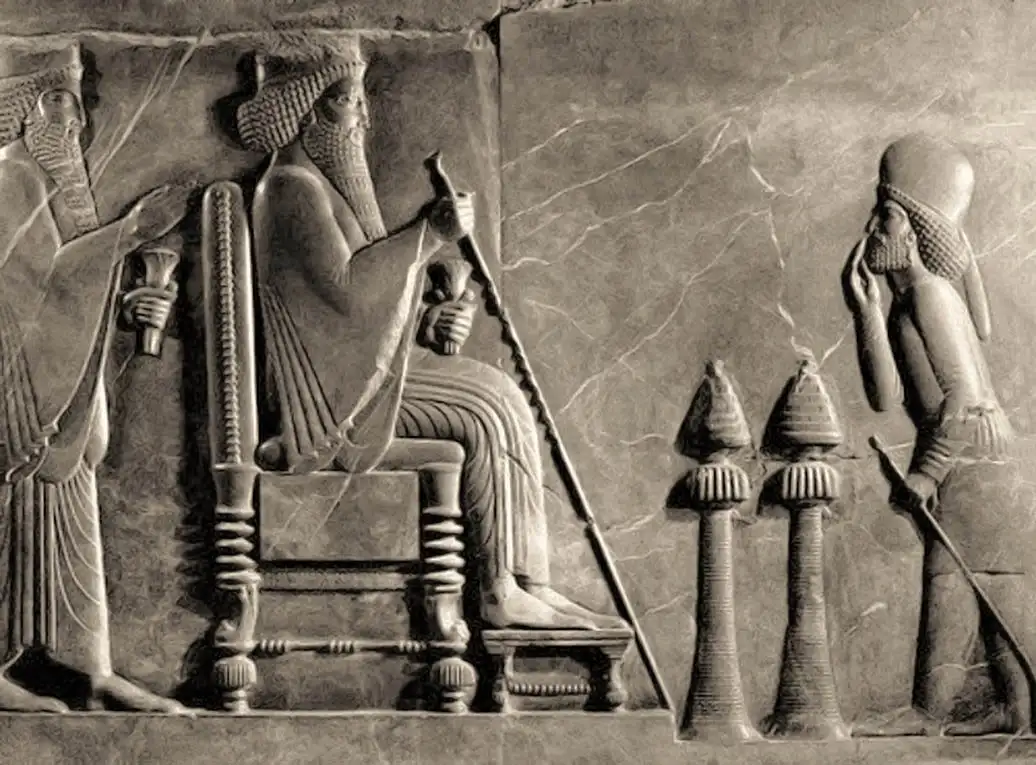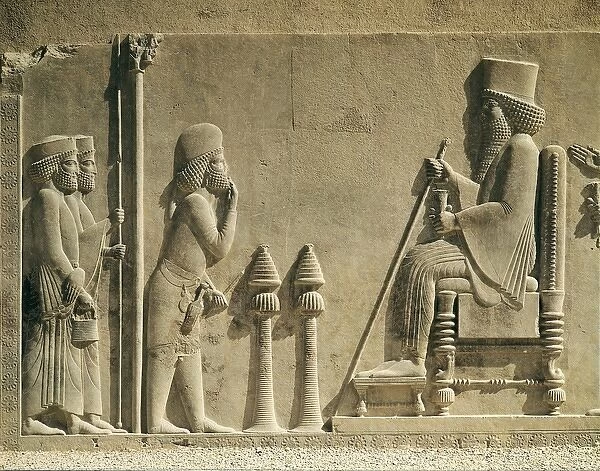The Mysteries of Darius: Story, Biblical Significance, Religion, and Greek History;
Darius, a name that echoes through the corridors of history, holds diverse meanings across cultures and contexts. In this exploration, we delve into the story of Darius, uncover his biblical significance, examine his religious affiliations, and unravel his presence in ancient Greek history.

The Story of Darius
Darius, a name with a rich historical tapestry, finds its roots in various civilizations. One prominent figure is Darius the Great, a Persian king of the Achaemenid Empire. His story is intricately woven into the annals of ancient Persia, marked by conquests, architectural marvels, and administrative brilliance.
Darius ascended to the throne in 522 BCE and embarked on a mission to stabilize and expand the empire. His notable achievements include the construction of the Royal Road, a vast network connecting major cities, and the Behistun Inscription, a multilingual testament to his reign. Darius left an indelible mark on the Persian Empire, solidifying his place in history.
Darius in the Bible
In the biblical context, Darius is a name that surfaces prominently in the Book of Daniel. Darius the Mede is mentioned as a ruler who succeeded Belshazzar, the last king of Babylon. The biblical narrative recounts how Daniel, a faithful servant, found favor with Darius the Mede despite political machinations that sought to undermine him.
Darius in the Bible is often associated with the famous story of Daniel in the lion’s den. His decree, unable to alter due to the laws of the Medes and Persians, led to Daniel’s unjust incarceration. However, Darius, recognizing Daniel’s innocence, sought to reverse the decree but was bound by the immutable laws of his kingdom.
Religious Affiliations of Darius
Darius the Great, from the Achaemenid dynasty, adhered to Zoroastrianism, an ancient Iranian religion founded by the prophet Zoroaster. Zoroastrianism, characterized by the worship of Ahura Mazda, the supreme deity, influenced the spiritual landscape of the Persian Empire during Darius’s reign.
The religious tolerance of Darius is noteworthy. Historical records suggest that he respected the diverse beliefs within his empire, fostering an environment where different faiths could coexist. This policy contributed to the stability and longevity of the Achaemenid Empire.
Darius in Ancient Greek History
In the annals of ancient Greek history, Darius finds his place in the context of the Greco-Persian Wars. Darius I faced the Greeks at the Battle of Marathon in 490 BCE, a conflict immortalized by the Athenian victory against overwhelming odds. Darius sought revenge for this defeat but passed away before realizing his ambitions.
His son, Xerxes, continued the Persian expedition against the Greeks, culminating in the historic Battle of Thermopylae and the naval engagement at Salamis. These events shaped the course of Western history and defined the struggle between the Persian Empire and the emerging power of ancient Greece.
In conclusion, Darius emerges as a multifaceted historical figure, weaving through the fabric of Persian, biblical, religious, and Greek narratives. His story resonates with the complexities of an era marked by conquests, cultural exchanges, and the clash of empires. Understanding Darius requires a nuanced exploration of his contributions and the diverse contexts in which his name reverberates through time.
